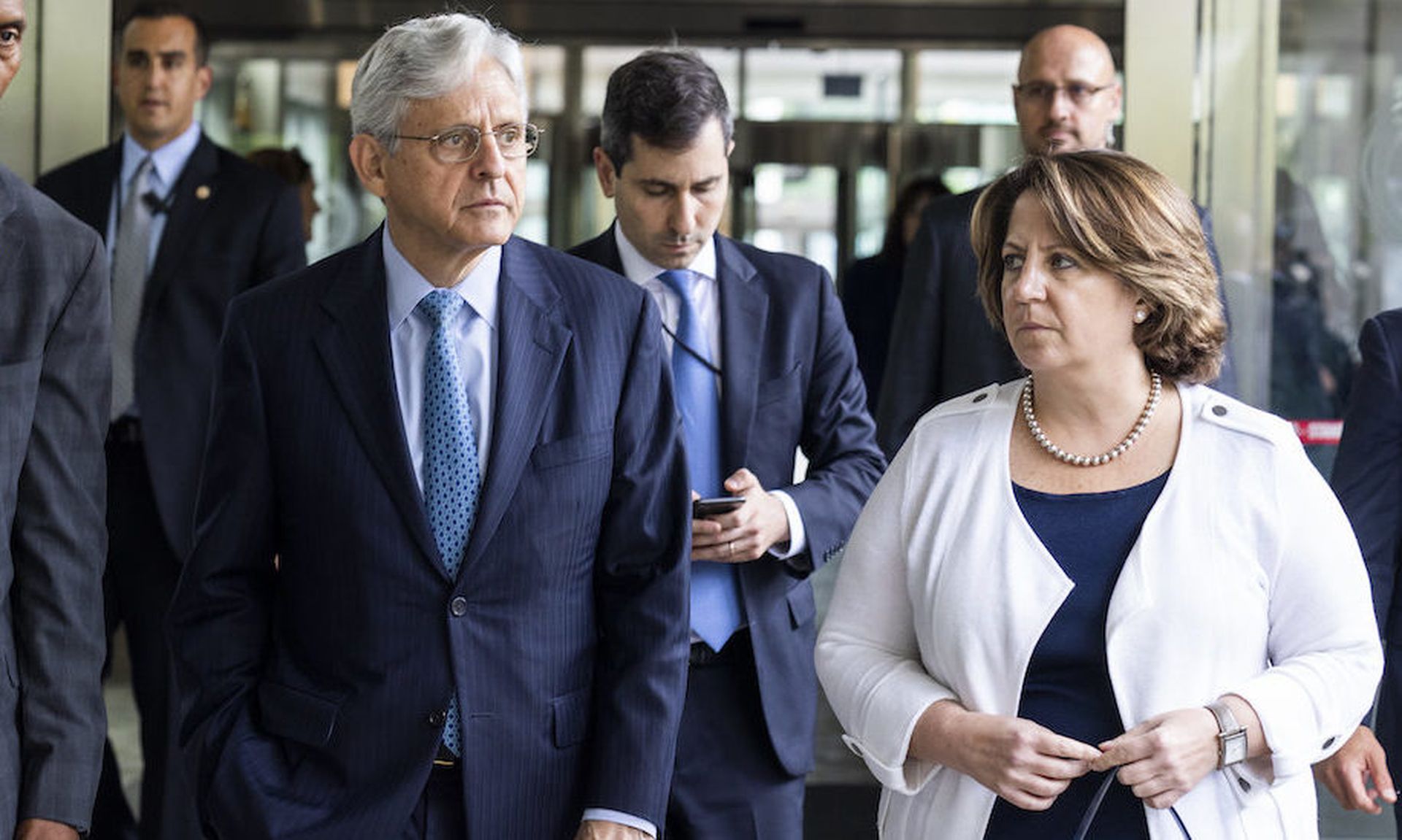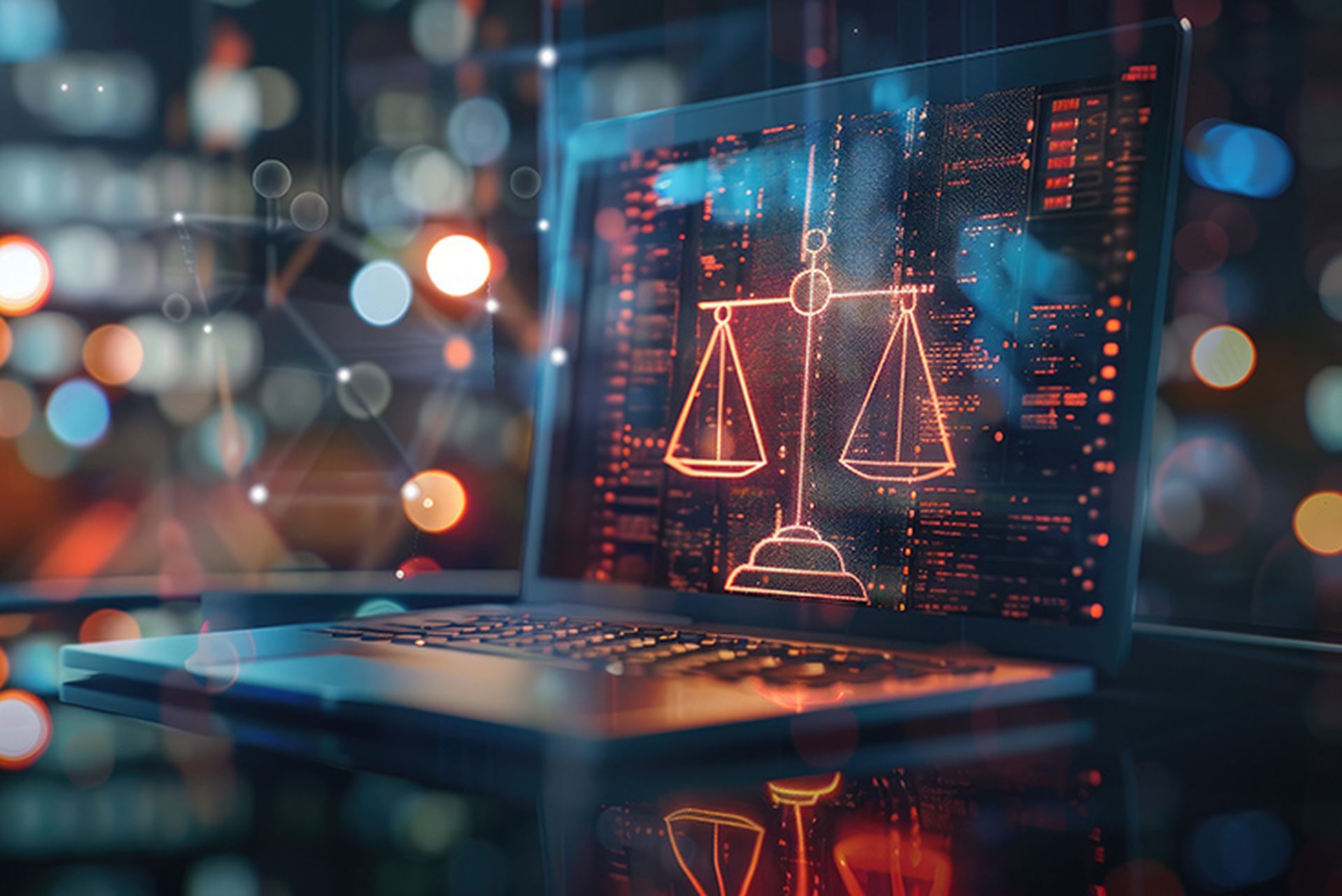
New initiatives from the Department of Justice will focus on cryptocurrency enforcement and federal contractor cybersecurity, Deputy Attorney General Lisa Monaco announced at the Aspen Cybersecurity Summit Wednesday,.
The cryptocurrency enforcement team will look to bring the cryptocurrency marketplace into the modern consumer financial system while rooting out cryptocurrency's use in crimes like ransomware.
"Cryptocurrency exchanges want to be the banks of the future. Well, we need to make sure that folks can have confidence when they're using these systems and we need to make sure we're poised to root out the abuse that can take hold on them," she said.
In September, the Biden administration sanctioned the Russian and Czech headquartered cryptocurrency exchange Suex for helping launder cryptocurrency for criminal groups. The exchange was known in criminal communities as one headquartered in friendly jurisdictions that was permissive about counter-money-laundering laws.
At the time, experts said that a one off enforcement against a cryptocurrency exchange would likely not have a widespread effect on ransomware, as actors could easily move to other exchanges.
"These are lawful tools and they have good uses," said Monaco. "The challenge we have is, how do we deal with the extra anonymity that those technologies provide to criminal actors. What we want to do is focus on building our capacity, our ability to strip that anonymity through court authorized action."
In a second announcement, Monaco outlined a new focus at DoJ at preventing federal contractors from skirting cybersecurity requirements, including breach reporting.
"We are announcing for the first time that we will use our civil enforcement tools to pursue companies, those who are government contractors who receive federal funds when they fail to follow required cybersecurity standards, because we know that puts all of us at risk," she said.
Monaco said the DoJ would protect whistleblowers who came forward to report negligent employers.
"For too long, companies have chosen silence, under the mistaken belief that it's less risky to hide a breach than to bring it forward and to report it," she said. "Well, that changes today."



